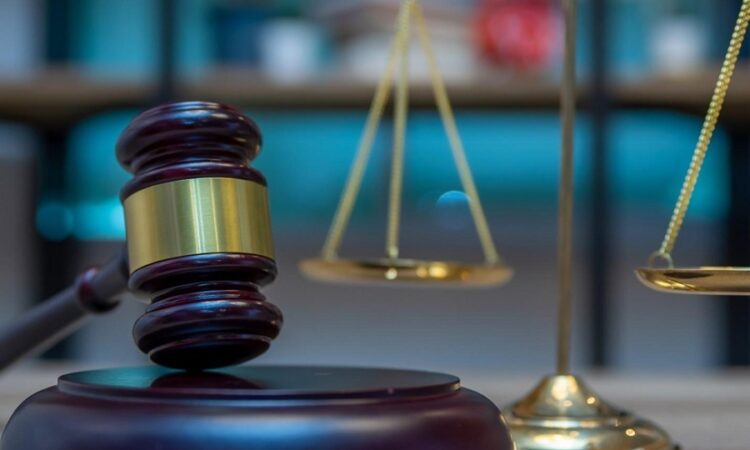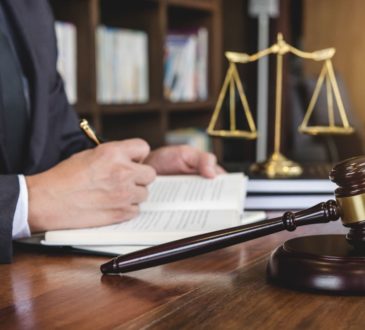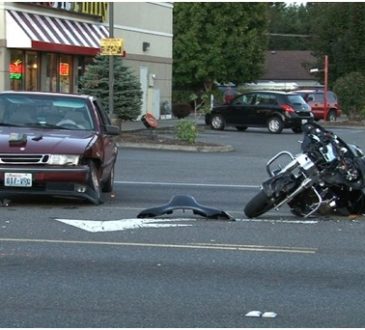
Personal injury cases can be difficult and emotionally challenging, and many people turn to personal injury lawyers for legal representation to seek compensation for their injuries. However, it’s not uncommon for attorneys to decline certain cases. In this article, we’ll explore key reasons why personal injury lawyers in Oklahoma might choose not to take on your case.
1. Lack of Liability
One of the main factors that causes a lawyer to decline a personal injury case is the absence of clear liability. In personal injury cases, you must demonstrate that someone else’s recklessness or intentional actions caused your injuries.
However, an attorney may decline your case if there are doubts regarding liability, like evidence suggesting that you were responsible for the accident or your actions significantly contributed to it. Cases with unclear liability often result in lengthy legal disputes and the potential for unfavorable outcomes, making lawyers hesitant to take them on.
2. Case’s Complexity
Lawyers often face substantial challenges when dealing with complex cases. Legal intricacies, such as complex medical malpractice issues, involvement of multiple defendants, or a convoluted set of facts, can make it hard to construct a strong case.
These complex cases typically require extensive research and may require hiring expensive experts. If the potential recovery does not justify the significant expenses involved, it becomes impractical for the lawyer to take on the case.
3. Statute of Limitations
Regardless of its nature, every personal injury case is governed by a statute of limitations (SOL). The SOL is a crucial aspect of the legal system as it imposes a deadline for a plaintiff to file their lawsuit.
Waiting too long to obtain legal representation can cause your case to be time-barred. This means that the SOL has expired, and a lawyer may no longer be able to assist you. Keep in mind that investigating the facts of a case and identifying who is at fault requires time through the process of discovery.
4. Lack of Funds to Recover
While personal injury lawyers often work on a contingency fee basis, they need assurance that there will be funds to recover damages. If the party responsible for your injuries lacks the financial means or insurance coverage to compensate you, attorneys may hesitate to take on your case.
Without sufficient financial resources to pursue compensation, it becomes economically unfeasible for lawyers. They rely on successful settlements or verdicts to cover their fees and expenses.
5. Minor Injuries
In personal injury lawsuits involving minor injuries, attorneys may be reluctant to take on the case if the potential compensation is relatively low. Significant medical expenses, lost wages, and severe pain and suffering are typically the primary factors that motivate lawyers to pursue a case.
In minor injuries, such as cat bites, and the associated damages are limited, the cost and effort required to prosecute the case may outweigh the potential recovery. As a result, lawyers may choose to decline representation.
6. Client’s Poor Credibility
The credibility and effectiveness of a witness play a significant role in personal injury lawsuits. A client who appears to be a poor witness can weaken the overall strength of the case, potentially leading to an unfavorable outcome in court. This is particularly true if the client exhibits signs of drug use, has a history of drug involvement, or possesses prior criminal convictions.
A negative criminal past can significantly erode a witness’s trustworthiness in the jury’s eyes. This makes it difficult to convince them to award the client the compensation they rightfully deserve. An experienced trial attorney may opt not to invest their time and effort in such a case, knowing its challenges.
7. Preexisting Medical Conditions
Preexisting medical conditions can complicate personal injury cases. If the injuries sustained in the incident are intertwined with preexisting conditions, it may be hard to establish a clear link between the accident and the current injuries.
Lawyers must establish causation beyond a reasonable doubt to succeed in a personal injury claim. When preexisting conditions are present, it may create doubt or room for dispute, making it challenging to prove the case.
8. Proximity Issues
In some instances, geographical proximity can pose challenges for lawyers, especially in personal injury cases. Attorneys may prefer handling lawsuits in a certain area to ensure accessibility and effective representation.
If a case is remotely located, it can make communication, gathering evidence, or attending court hearings more challenging. When lawyers encounter distance-related logistical issues, they may decline representation to prioritize cases in their immediate vicinity.
Conclusion
Understanding why a personal injury attorney might reject your case is essential for managing expectations and finding alternative legal options. By recognizing these factors, one can assess the viability of their case and seek legal representation accordingly.
It’s advisable to consult with experienced personal injury lawyers in Oklahoma to evaluate your specific situation and explore possible avenues for pursuing the compensation you deserve. Contact one today!



